Explore a Career in Transport Planning & Traffic Engineering
Discover the Future of Mobility
Are you passionate about shaping the future of transportation? A career in transport planning and traffic engineering offers the opportunity to create sustainable, efficient, and safe transportation systems. Join us in transforming how people and goods move across our cities!
What We Do
At Urbii, we specialise in designing innovative transport solutions that enhance the quality of life in our communities. Our work spans various areas, including:
Transport Planning
Conducting studies to understand travel patterns and transportation needs.
Developing strategic plans for public transport, cycling, and pedestrian networks.
Collaborating with local governments to improve urban mobility.
Traffic Engineering
Designing effective traffic control systems and roadway layouts.
Implementing traffic management strategies to optimise flow and safety.
Conducting safety assessments and crash analysis to reduce hazards.
Why Choose This Career?
1. Impactful Work
Your contributions will directly influence the efficiency and safety of transportation systems, enhancing the quality of life for individuals and communities.
2. Diverse Opportunities
From working on large infrastructure projects to small-scale community initiatives, the range of projects is vast, providing opportunities for specialisation in areas like public transport, active transport, and traffic safety.
3. Innovative Environment
Work at the forefront of technology with tools like traffic simulation software, geographic information systems (GIS), and smart transport systems.
4. Collaborative Field
Engage with professionals from various disciplines, such as urban planners, environmental scientists, and civil engineers, to develop comprehensive solutions.
Skills You’ll Develop
Analytical Skills: Evaluate data to make informed decisions about transportation systems.
Technical Skills: Gain proficiency in software used for traffic modeling and planning.
Communication Skills: Present findings and collaborate with stakeholders effectively.
Problem-Solving Skills: Tackle complex transportation challenges with creative solutions.
Career Pathways
Transport Planner
Focus on long-term strategies for public transit and infrastructure development.
Engage in community consultations and stakeholder meetings.
Traffic Engineer
Design traffic signals, signage, and roadway designs.
Analyze traffic data to enhance road safety and efficiency.
Mobility Manager
Develop programs that promote sustainable transport options.
Work on policies that integrate new technologies like electric vehicles and shared mobility services.
Research Analyst
Conduct studies and research to support policy development.
Analyze trends in transport usage and environmental impacts.
Education and Qualifications
A degree in civil engineering, urban planning, transport planning, or a related field is typically required. Additional certifications in traffic engineering (e.g., Institute of Transportation Engineers) can enhance career prospects.
Get Involved
Internships: Gain practical experience through internships and co-op programs during your studies.
Networking: Join professional organizations like the Australian Institute of Traffic Planning and Management (AITPM) and the Transport Australia Society (TAS) to connect with industry leaders.
Continued Learning: Stay updated with workshops and seminars to keep abreast of the latest trends and technologies in transport.
Join Us!
Are you ready to make a difference? Explore a fulfilling career in transport planning and traffic engineering with Urbii. For more information, visit our website at www.urbii.com.au or connect with us on social media!
Contact Us: Paul Ghantous, Managing Director of Urbii Consulting
0433 858 164
My Digital Contact Card
www.urbii.com.au

